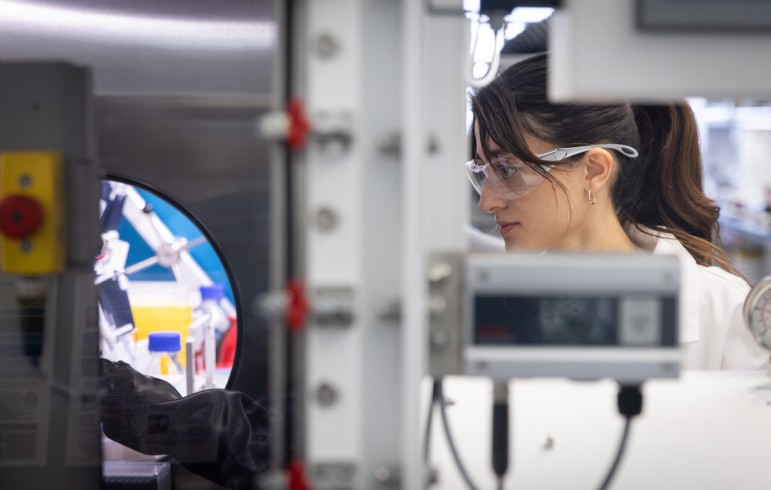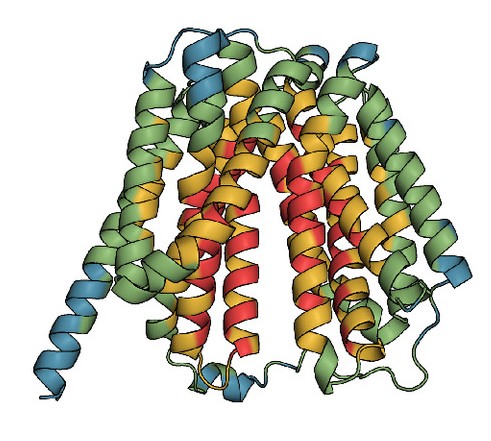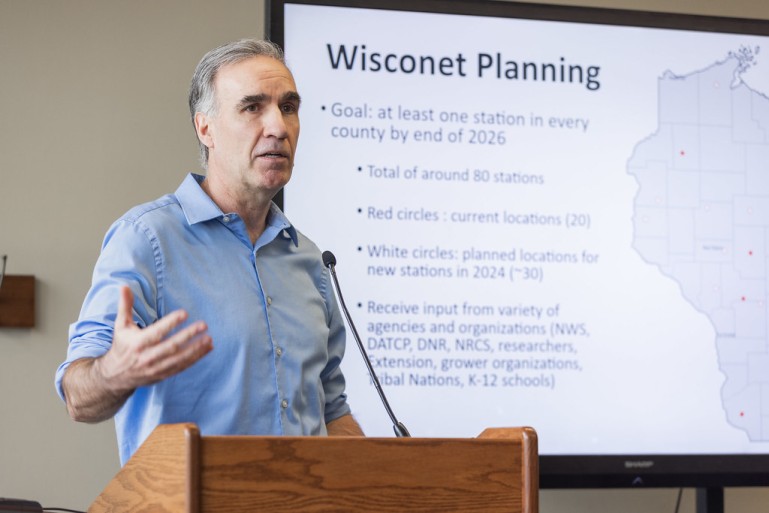University of Wisconsin–Madison chemical engineers have developed a new way to create inexpensive chemical sensors for detecting explosives, industrial pollutants or even the chemical markers of disease in a patient’s breath.
Flooring can be made from any number of sustainable materials, making it, generally, an eco-friendly feature in homes and businesses alike.
MADISON – Scientists at the University of Wisconsin–Madison and the Great Lakes Bioenergy Research Center (GLBRC) have found a way to nearly double the efficiency with which Saccharomyces cerevisiae, a commonly used industrial yeast strain, converts plant sugars to biofuel.
MADISON -- When scientists reported in 2014 that they had successfully engineered a poplar plant “designed for deconstruction,” the finding made international news.
In 2014, when University of Wisconsin–Madison engineers announced in the journal Nature Communications that they had developed transparent sensors for use in imaging the brain, researchers around the world took notice.
Fellowships provide graduate students with critical financial support as they pursue advanced degrees.
Midwest Energy News has placed Daniel Ludois, an assistant professor of electrical and computer engineering and an affiliate of the Wisconsin Energy Institute (WEI), on its “40



